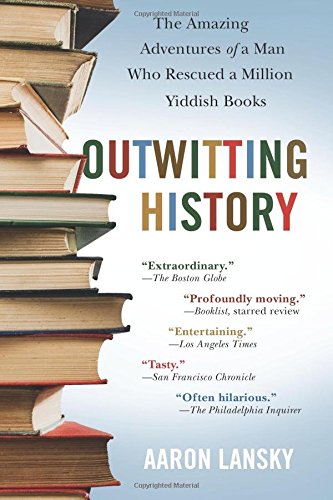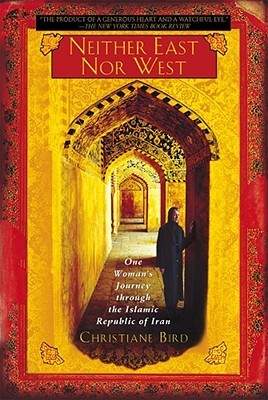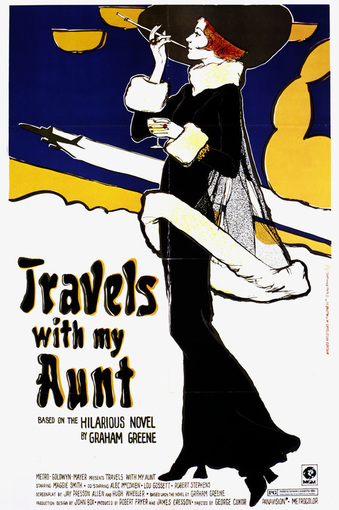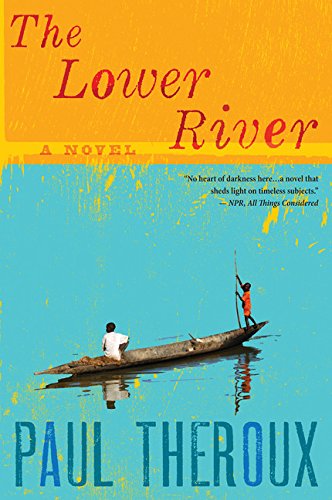This book will appeal to all bibliophiles—appropriately, I picked it up at a library sale—and as one who has studied, if only briefly, the Yiddish language. (I intend to add some Yiddish songs to my repertoire eventually.) It’s not about travel per se, but it does take us through a considerable range of geography and time. And Lansky’s missions eventually do take him to the Soviet Union and South America.
The author opens with a vignette of saving thousands of Yiddish books from a Manhattan dumpster before explaining how he developed a love of the language in college, then went on to establish the National Yiddish Book Center. In the early years he pulled near-miracles on a shoestring budget, salvaging large collections from deceased or retired people, abandoned stacks of books in basements, or whole sections of community libraries that were about to be thrown out since no one read them anymore.
And so he often faces the question, “It’s a dead language—why bother?” In response, Lansky extolls the richness of Yiddish literature: the stories of Sholem Aleichem which were made into The Fiddler on the Roof are only the tip of the iceberg.
He also points out the knowledge that would have been lost without these books. One summer, a student intern at their Massachusetts headquarters, identifies a Dictionary of Political and Foreign Terminology in Yiddish (Kiev, 1929). Only it wasn’t in any databases. “Nearly eleven hundred pages long,” Lansky writes, “it was a scholar’s dream: a lexical snapshot showing exactly how Jews perceived the world around them at a moment of great social and political change. In fact the book was so significant I couldn’t understand why I had never heard of it before.” After running an ad, their office gets a call from the woman who donated the book from her father’s collection. On a visit to his cousin in 1929, Dor-Ber Slutski, who’d labored over the reference work a whole decade, the two had been together at the printer’s when the first copies came rolling off. Slutski gave him one, almost certainly the only copy now in existence – the entire press run was destroyed on the orders of Stalin’s government, on a whim about its political acceptability.
Outwitting History is, thus, a reminder of the value—and fragility—of the printed word. Let’s treasure it.
I’m stopping here to give myself a break on this fifth Thursday of the month. See you next week!




 RSS Feed
RSS Feed